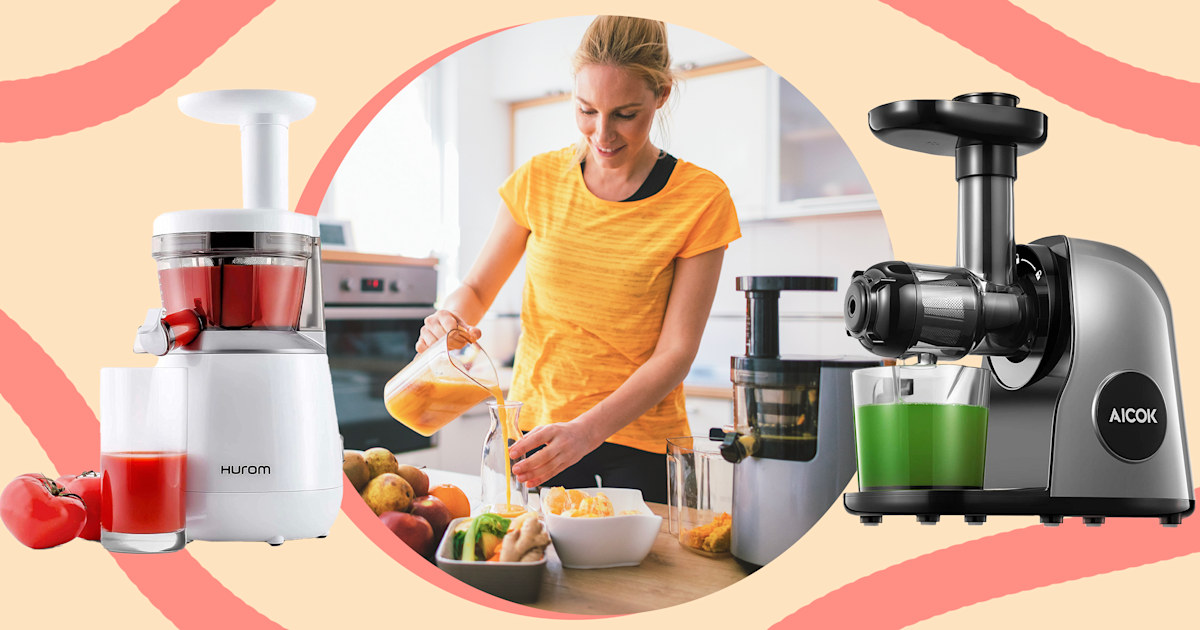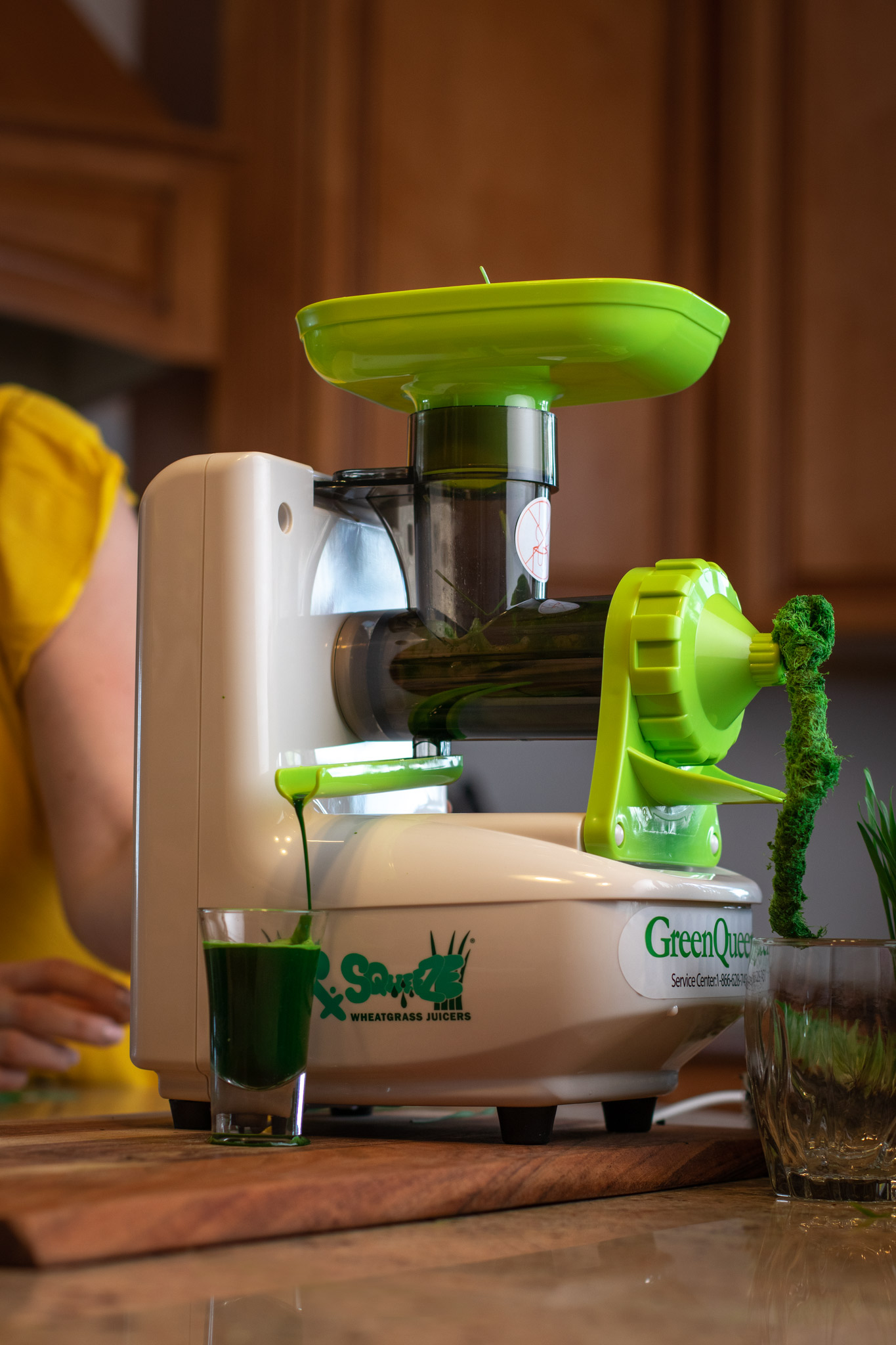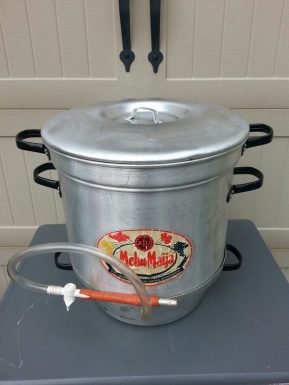Are you tired of sifting through the endless array of juicers, wondering which one is best for your needs? Juicing has become a popular trend in recent years, with countless options available on the market. From centrifugal to masticating and citrus to wheatgrass juicers, the choices can be overwhelming
Juicers have become a sought-after addition to kitchens, serving the purpose of extracting juice from an array of fruits and vegetables. With a variety of types available, each boasting its own unique features, advantages, and disadvantages, gaining a grasp on the diversity of juicers is key to making an educated choice that aligns with your requirements. In this comprehensive guide, we embark on a journey through the market’s most prevalent juicer variations, delving into their operational mechanisms, merits, and drawbacks.
Beyond being kitchen essential, juicers stand as versatile tools that permit the consumption of fruits and vegetables in a nourishing liquid form. Tailored for effective juice extraction while effectively segregating pulp and undesirable elements, these appliances differ in aspects such as speed, efficiency, adaptability, and user-friendliness.
Read: Juicing vs Blending: Which is Better for Your Health?
What are the Different Types of Juicers?

1. Centrifugal Juicers

Centrifugal juicers are among the most common types of juicers found in households. They operate by using a fast-spinning mesh basket that shreds the fruits or vegetables, and the centrifugal force separates the juice from the pulp.
How do Centrifugal Juicers work?
When fruits or vegetables are fed into a centrifugal juicer, they are pushed against a rapidly spinning blade, which chops them into small pieces. The high-speed rotation generates centrifugal force, causing the juice to be forced out through a strainer while the pulp is collected separately.
Pros and Cons of Centrifugal Juicers
| Pros | Cons |
|---|---|
| High speed and efficiency | Slightly lower juice quality |
| Can handle large quantities of produce quickly | Oxidation and heat buildup during juicing |
| Relatively more affordable |
Centrifugal juicers offer several advantages, such as their high speed and ability to handle large quantities of produce quickly. They are also relatively more affordable compared to other types of juicers. However, they may produce slightly lower juice quality due to oxidation and heat buildup during the juicing process.
Read: Masticating VS Centrifugal Juicer: A Comprehensive Comparison
2. Masticating Juicers
:max_bytes(150000):strip_icc()/AMZCHEF-Slow-Masticating-Juicer-Extractor-Fred-HardyII-003-f14520982d5d4a30aced8ccbbcadc737.jpg)
Masticating juicers, also known as slow juicers or cold press juicers, operate at a lower speed compared to centrifugal juicers. They use a slow, grinding motion to extract juice from fruits and vegetables.
How do Masticating Juicers work?
Masticating juicers work by crushing and squeezing the produce to extract the juice. They use an auger or a single gear that rotates slowly to chew through the fruits or vegetables. This slow process minimizes heat buildup and oxidation, resulting in higher-quality juice with more nutrients and enzymes preserved.
Pros and Cons of Masticating Juicers
| Pros | Cons |
|---|---|
| Produce juice with higher nutritional content | Operate at a slower speed |
| Longer shelf life due to reduced oxidation | Require more time and effort for juicing |
| Handle a wider range of produce, including leafy greens and wheatgrass |
Masticating juicers offer several advantages. They produce juice with higher nutritional content and a longer shelf life due to reduced oxidation. These juicers are also more versatile and can handle a wider range of produce, including leafy greens and wheatgrass. However, they operate at a slower speed, requiring more time and effort for juicing.
Read: 16 Masticating Juicer Recipes – Nutrient-Rich Blends for Health Boost
3. Citrus Juicers

As the name suggests, citrus juicers are specifically designed for extracting juice from citrus fruits like oranges, lemons, and grapefruits. They are simple and efficient machines that cater to the specific needs of citrus juicing.
How do Citrus Juicers work?
Citrus juicers typically consist of a cone-shaped reamer that extracts juice from the citrus fruit when pressed against it. Some models also come with a motorized reamer for easier operation. The juice is collected in a container while the pulp and seeds are separated.
Pros and Cons of Citrus Juicers
| Pros | Cons |
|---|---|
| Highly efficient at extracting juice from citrus fruits | Limited to citrus fruits |
| Hassle-free juicing experience | Not suitable for juicing other types of produce |
| Compact, easy to use, and easy to clean |
Citrus juicers are highly efficient at extracting juice from citrus fruits, providing a hassle-free juicing experience. They are compact, easy to use, and easy to clean. However, they are limited to citrus fruits and may not be suitable for juicing other types of produce.
Read: How To Use Citrus Juicer? Citrus Juicer Manual
4. Twin Gear Juicers

Twin gear juicers, also known as triturating juicers, are top-of-the-line machines that offer exceptional juicing performance. They utilize two interlocking gears to extract juice from a wide variety of fruits and vegetables.
How do Twin Gear Juicers work?
Twin gear juicers work by crushing and grinding the produce between two gears with sharp edges. The gears rotate slowly, ensuring minimal heat and oxidation, resulting in high-quality juice. These juicers often come with adjustable settings to customize the pressure and optimize juice extraction.
Pros and Cons of Twin Gear Juicers
| Pros | Cons |
|---|---|
| Exceptional juice quality and high juice yield | More expensive and bulkier |
| Capable of handling a wide range of produce, including hard vegetables and leafy greens | Better choice for serious juicing enthusiasts |
Twin gear juicers are renowned for their exceptional juice quality and high juice yield. They are capable of handling a wide range of produce, including hard vegetables and leafy greens. However, they are typically more expensive and bulkier than other types of juicers, making them a better choice for serious juicing enthusiasts.
5. Wheatgrass Juicers

Wheatgrass juicers are specialized machines designed specifically for extracting juice from wheatgrass and other leafy greens. They are highly efficient at squeezing out the maximum amount of juice from these fibrous greens.
How do Wheatgrass Juicers work?
Wheatgrass juicers utilize a slow and gentle squeezing mechanism to extract juice from wheatgrass and other leafy greens. They often feature a horizontal or vertical auger that slowly crushes the greens, allowing the juice to separate from the pulp.
Pros and Cons of Wheatgrass Juicers
| Pros | Cons |
|---|---|
| Excel in extracting juice from wheatgrass and leafy greens | Functionality limited to wheatgrass and leafy greens |
| Ensure maximum nutritional benefits | Less versatile for other types of produce |
| High juice yield and minimal oxidation |
Wheatgrass juicers excel in extracting juice from wheatgrass and leafy greens, ensuring you get the maximum nutritional benefits. They are designed specifically for this purpose, resulting in high juice yield and minimal oxidation. However, their functionality may be limited to wheatgrass and leafy greens, making them less versatile for other types of produce.
Read: Slow Juicer vs Fast Juicer: Which is the Best for Your Juicing Needs?
6. Manual Press Juicer

A manual press juicer, also known as a hand-operated juicer, is a simple and efficient device for extracting juice from fruits and vegetables. It typically consists of a sturdy base, a lever arm, and a juice container. Using a manual press juicer involves placing the fruit or vegetable on the base, applying pressure with the lever arm, and allowing the juice to flow into the container. This juicer operates without electricity, making it a versatile option for camping trips or areas with limited power supply. The manual press juicer is known for its ability to extract juice thoroughly, ensuring maximum yield and retaining essential nutrients.
How does Manual Press Juicer work?
Manual press juicers work by utilizing a manual squeezing mechanism to extract juice from fruits and vegetables. These juicers typically consist of a sturdy base, a lever arm, and a juice container. To operate a manual press juicer, you place the fruit or vegetable on the base and apply pressure by pulling down the lever arm. This action squeezes the fruit or vegetable, allowing the juice to flow into the container while separating it from the pulp. The manual press juicer relies on manual force rather than electricity, making it a versatile and portable option for juicing.
Read: What is a Cold Press Juicer? How to Choose Them
Pros and Cons of Manual Press Juicer
| Pros | Cons |
|---|---|
| Compact and portable | More physical effort required |
| Easy to use and minimal setup | Time-consuming cleaning process |
| Produce less noise | |
| Relatively affordable |
7. Steamer Juicer

A steamer juicer is a unique type of juicer that utilizes steam to extract juice from fruits and vegetables. It consists of three main components: a water reservoir, a steam chamber, and a juice collector. The steamer juicer operates by heating the water in the reservoir, creating steam that rises into the steam chamber. The steam gently softens the fruits or vegetables, releasing their juice, which then condenses and drips into the juice collector. This method of juicing helps to preserve the natural flavors and nutrients, resulting in a high-quality juice.
Read: How to Steam Apple Juice? Without Steamer Juicer
| Pros | Cons |
|---|---|
| Highly efficient in extracting juice | Larger and bulkier |
| Versatile and can handle a wide variety of produce | Steaming process takes longer |
| Effective for juicing soft fruits and berries | Requires more storage space |
| Relatively easy to clean with removable parts |
Understanding the Importance of Juicers
Juicers play a crucial role in helping individuals incorporate more fruits and vegetables into their diet, thus promoting a healthier lifestyle. The importance of juicers lies in their ability to extract essential nutrients, vitamins, and minerals from produce, which may otherwise be lost through cooking or processing. By consuming freshly extracted juices, individuals can benefit from increased energy levels, improved digestion, and enhanced overall well-being.
Moreover, juicers offer the convenience of quickly preparing nutritious beverages at home, allowing individuals to avoid processed store-bought alternatives that may contain added sugars or preservatives. Understanding the importance of juicers also involves recognizing their versatility in creating a wide variety of juice blends tailored to specific health goals or taste preferences. From detoxifying green juices to refreshing fruit combinations, juicers empower individuals to customize their intake of essential nutrients and antioxidants for optimal health benefits.
Conclusion
In conclusion, understanding the different types of juicers available can help you choose the right one based on your specific needs and preferences. Centrifugal juicers offer speed and convenience, while masticating juicers provide higher-quality juice with more nutrients preserved. Citrus juicers cater specifically to citrus fruits, while twin gear juicers and wheatgrass juicers are ideal for extracting juice from a wide range of product types.
Choosing the right juicer for your lifestyle ultimately depends on your individual needs and preferences. If you’re someone who values convenience and time-saving features, a centrifugal juicer may be the best fit for you. On the other hand, if you prioritize maximum juice yield and nutrient retention, a masticating juicer might be more suitable.
Consider factors such as juice quality, versatility, ease of use, and price when selecting a juicer. Each type has its own advantages and disadvantages, so it’s important to evaluate your requirements before making a purchase. Enjoy the benefits of fresh, homemade juice by choosing the juicer that suits your lifestyle.
FAQs
What is a Juicer?
Before delving into the different types of juicers, it’s essential to understand what a juicer is. A juicer is a kitchen appliance specifically designed to extract juice from fruits and vegetables by breaking down their cellular structure and separating the juice from the pulp. Different types of juicers utilize various methods to achieve this goal.
Can I use a masticating juicer for citrus fruits?
While masticating juicers can handle citrus fruits, it’s more efficient to use a citrus juicer specifically designed for that purpose.
Are twin gear juicers difficult to clean?
Twin gear juicers may require more thorough cleaning due to their complex design, but many models come with removable parts that make the process easier.
Can I juice leafy greens with a centrifugal juicer?
While centrifugal juicers can handle some leafy greens, masticating or twin gear juicers are more effective in extracting juice from these fibrous greens.
Are wheatgrass juicers suitable for other types of produce?
Wheatgrass juicers are primarily designed for wheatgrass and leafy greens. They may not be as effective for juicing other types of fruits and vegetables.
What is the price range for different types of juicers?
The price of juicers varies depending on the type, brand, and features. Centrifugal juicers are generally more affordable, while masticating, twin gear, and wheatgrass juicers tend to be more expensive.

